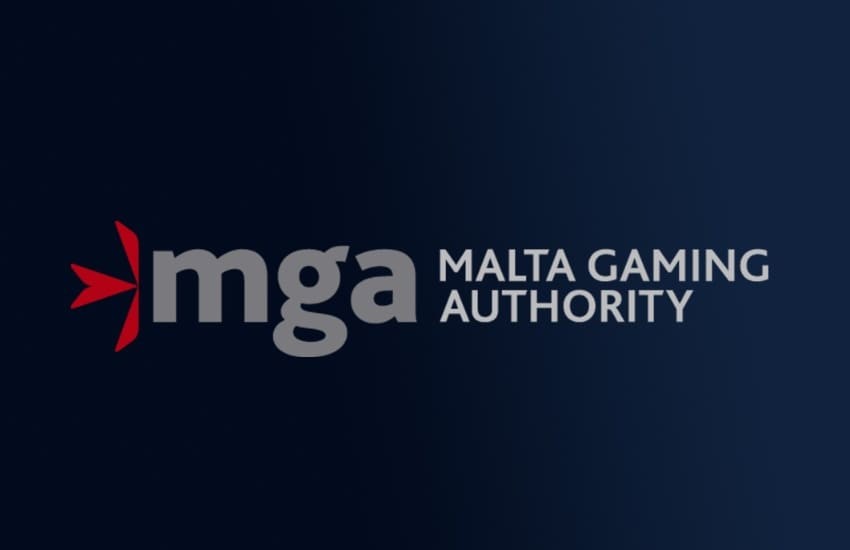
The Malta Gaming Authority is responsible for gaming license licensing in Malta. In the past, it has been criticized time and again that you are not strict enough against bad gambling providers.
At the end of December 2019, the Malta Gaming Authority published an interim report for its regulatory activities. The report provides information on the performance of the first six months of the year.
In addition to the eleven licenses suspended and seven canceled, the agency issued eleven warnings in the first six months of last year and imposed a total of eight fines in the fight against money laundering and terrorist financing.
Why were the measures taken?
So far, the Malta Gaming Authority has not published any specific reports on the individual cases of various violations by gaming providers. The UK Gambling Commission is much more transparent here. Therefore, there are only relatively general statements as to how the MGA became aware of the violations of the license requirements.
According to its own statements, the regulatory authority took the measures based on information that resulted from compliance audits, compliance reviews and formal investigations. In addition, data collection and knowledge exchange with the responsible authorities are cited as the reason for some sanctions. So they worked closely with the Maltese police in the first six months.
The MGA tries to network
The Maltese Gaming Authority is currently trying to exchange information with other European authorities. For example, Memoranda of Understanding have been concluded with the Swedish Gaming Authority. This leads to a dialogue and exchange of information between the authorities. Delegations from Ireland, Lagos and Ghana were also invited to share information and intensify cooperation.
The MGA also received 23 international cooperation requests and also sent 33 of these requests itself. The cooperation concerns the following areas: integrity of the sport, criminal activities of players, reports of media violations, locally licensed operators and non-licensed institutions.
A total of 597 tests were carried out, covering both land-based and remote gaming activities. The Player Support Unit received a total of 1,753 support requests and responded to 1,915 requests over the period.
The MGA Fit & Proper Committee held 19 additional meetings in the first six months of last year. The committee is responsible for issuing gaming licenses. A total of 107 decisions were made, including 13 rejections and 48 conditional judgments.
Peter Spiteri is department head for finance and program management at the Maltese Gaming Authority. He commented on the work as follows:
In the first six months of 2019, the MGA continued to implement the gaming law for land-based industry. The agency has done a great deal to ensure that the implementation has been effectively completed and that all systems and procedures meet the new requirements. […] Over the past few months, the MGA has stepped up cooperation efforts with international partners, competent authorities and other regulatory authorities in order to further improve the efficiency of the cooperation and the exchange of information for better regulation.
Blackrock Media Limited fined 2.3 million euros
The MGA announced yesterday (January 9, 2020) that Blackrock Media Limited had been fined 2.3 million euros. The Maltese company had apparently offered gambling services without the gaming license required. An investigation by the MGA and the Maltese police found that payments were accepted from players under the unlicensed game of chance. The penalty was agreed as part of a settlement.
Parliamentary Secretary for Financial Services, Silvio Schembri, said in a press release that it was the highest sentence the MGA has ever imposed. It is “a sure sign” that the country’s institutions are working. He stressed once again the importance of the gaming industry and believes that the bar has to be raised so that the country retains the title of “Home for Gaming Excellence”.
The gaming sector remains very important to Malta
The gaming industry contributed around 13.6% of total value added to the Maltese economy in the first half of 2019. The industry has a total of 7,011 full-time positions in Malta. 6,142 people work in the online gambling sector and only 869 people at the casinos in Malta. Tax revenues in the sector totaled 39.9 million euros.
Certainly the work of the Maltese regulator is not perfect. Nevertheless, one tries to be more transparent and tries to show that one is not inactive. However, it would be desirable if the UK Gambling Commission took a stronger role model.




Be the first to comment